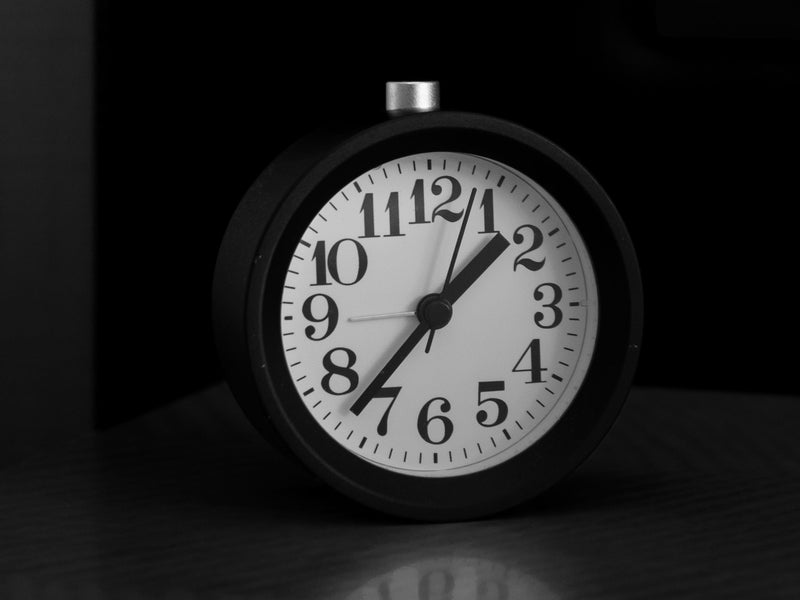Chinese Peony for Libido Support: Bring on the Flower Power!
Flower power conjures beauty, perfumery and hippies. But can flowers power plant medicines? Absolutely. For example, the Chinese Peony. Below the bushy blooms, Chinese peony root contains powerful phytoestrogens for natural hormone balance, plus components that relieve stress and relax your muscles.
And let’s talk about sex, baby. During perimenopause, stress and shifting hormones can put the brakes on libido. As much as society might make you feel like it, low sex drive in women is not a problem to be “fixed.” Instead, think of low libido during midlife as an indication that you are in need of some TLC.
Chinese peony root is a great start on helping to increase libido in women naturally.
Why We Love Chinese Peony Root
- We love when contemporary science backs up traditional knowledge, and the data on Chinese peony doesn’t disappoint. Traditional Chinese Medicine claims that Chinese peony root promotes healthy blood flow and eases symptoms of occasional depression, and clinical research agrees!
- Blame it on our 21st century brains, but we love a multitasker. Chinese peony can also help relieve period cramps and encourage a regular cycle. This is helpful as hormonal shifts show up after 40.
Key Benefits:
Natural Hormone Balance - During perimenopause, it’s all about hormonal health. Chinese peony root contains phytoestrogens, which act like estrogen in the body. Not only does peony root boost your estrogen response, it also decreases your testosterone levels. This root inhibits testosterone production and increases enzyme activity that helps convert testosterone into estrogen.
Stress Relief - Stress actively decreases libido, on both a physical and emotional level. One of Chinese peony’s main contributions to our Libido tincture is its natural women’s stress relief. Chinese Traditional Medicine practitioners caught onto this first when they started prescribing peony root for stress-induced depression. Now, research has found that compounds in Chinese peony may slow down a serotonin-catching chemical called SERT. This leaves more happy serotonin to hang out in your brain.
Relaxes Tired Muscles - Peony root can help reduce hidden tension in the body, because it acts as a natural smooth muscle relaxant. Your body has both smooth and skeletal muscles. Skeletal muscles are the ones that you can control. Think of your abs, your quads, the muscles in your face and others that you can flex and relax voluntarily. Smooth muscles, however, are different. We can’t voluntarily relax our smooth muscles, like the ones in our uteruses. This means that by relaxing smooth muscles, Chinese peony relieves period cramping and soothes muscle spasms.
Traditional Uses:
Chinese peony is a popular ingredient in Traditional Chinese Medicine. Chinese peony commonly features in a traditional medicinal soup called Four Things Soup alongside dong quai, rehmannia and ligusticum. These ingredients complement each other and serve as a traditional blood tonic and women’s health support.
Traditional Chinese Medicine also uses Chinese peony for:
- Liver support
- Fever
- Inflammation
- Symptoms of depression
About Chinese Peony:
You likely know Chinese peony from the garden, with its bushy green leaves and stalks of dense white, pink or red flowers. You’re probably a little less familiar with its hardy tubers, which store all the medicinal compounds. These roots are dried and powdered or made into teas.
Chinese peonies are also known as garden peonies or bai shao. They’re native to central and Eastern Asia.
Wile Products with Chinese Peony
Things to Know about Chinese Peony Root:
Before you start taking Chinese peony root, check with your doctor. This is especially important if you have a hormone-sensitive condition, your blood doesn’t clot easily or you’re pregnant or breastfeeding.
Taking too much Chinese peony root can lead to diarrhea or an upset stomach.
Clinical Research
- Grant, Paul M., and Shamin Ramasamy. “An Update on Plant Derived Anti-Androgens.” International Journal of Endocrinology and Metabolism 10, no. 2 (January 1, 2012): 497–502. https://doi.org/10.5812/ijem.3644.
- He, Dongyi, and Sheng-Ming Dai. “Anti-Inflammatory and Immunomodulatory Effects of Paeonia Lactiflora Pall., a Traditional Chinese Herbal Medicine.” Frontiers in Pharmacology 2 (February 25, 2011). https://doi.org/10.3389/fphar.2011.00010.
- Mao, Qing, Siu-Po Ip, Yan-Fang Xian, Zhen Hu, and Chun-Tao Che. “Anti-Depressant-like Effect of Peony: A Mini-Review.” Pharmaceutical Biology 50, no. 1 (January 1, 2012): 72–77. https://doi.org/10.3109/13880209.2011.602696.
- Wang, Jieqiong, Song Chunhong, Dong-Mei Gao, Qingyi Wei, Wenjun Sun, Yinghui Guo, Shiguang Sun, Xi Tian, Huihao Li, and Mingqi Qiao. “Effects of Paeonia Lactiflora Extract on Estrogen Receptor β, TPH2, and SERT in Rats with PMS Anxiety.” BioMed Research International 2020 (March 7, 2020): 1–8. https://doi.org/10.1155/2020/4690504.
Sources
- Cooke, Justin. “Peony (Paeonia Lactiflora).” The Sunlight Experiment, February 23, 2020. https://thesunlightexperiment.com/herb/peony.
- “Muscle Tissue | SEER Training,” n.d. https://training.seer.cancer.gov/anatomy/cells_tissues_membranes/tissues/muscle.html#:~:text=Skeletal%20muscle%20fibers%20are%20cylindrical,They%20are%20called%20involuntary%20muscles.
- Nunez, Kirsten. “The Potential Benefits and Side Effects of the White Peony Root.” Healthline, October 16, 2020. https://www.healthline.com/health/white-peony-root.
This article is intended for informational purposes and is not intended to replace a one-on-one medical consultation with a professional. Wile, Inc researches and shares information and advice from our own research and advisors. We encourage every woman to research, ask questions and speak to a trusted health care professional to make her own best decisions.




